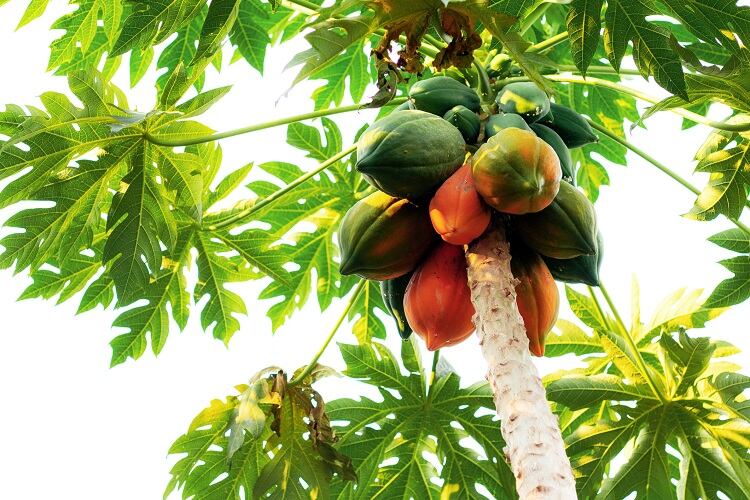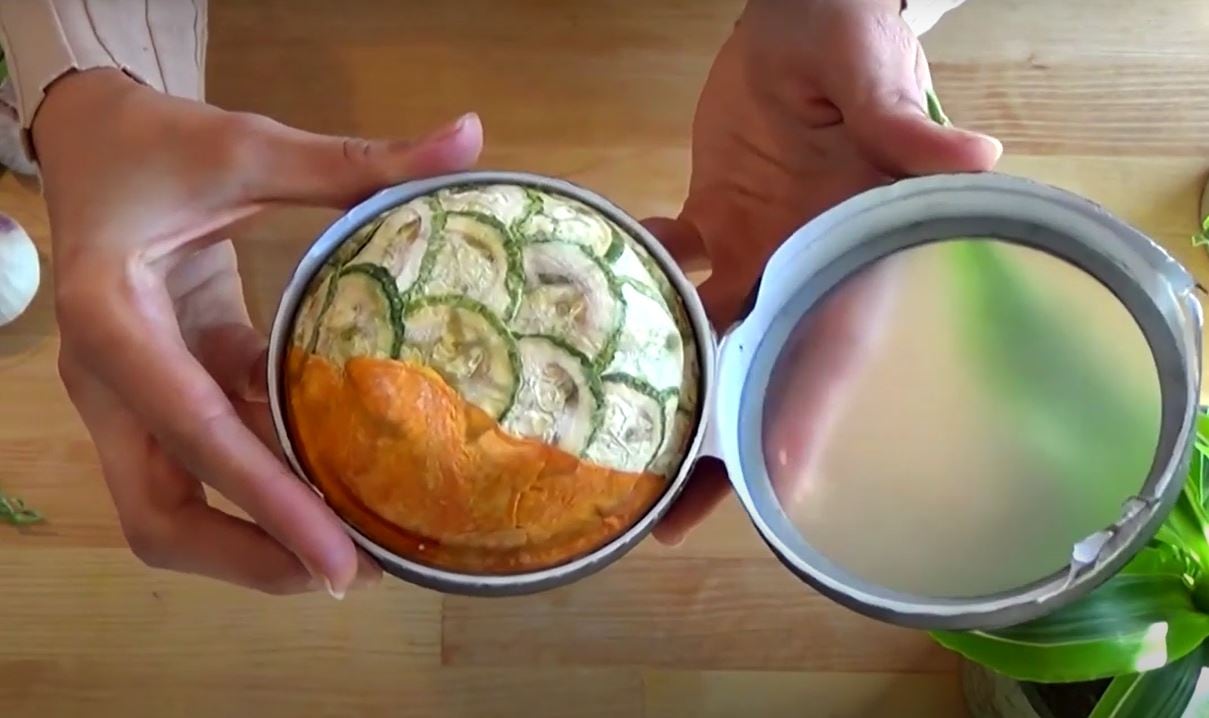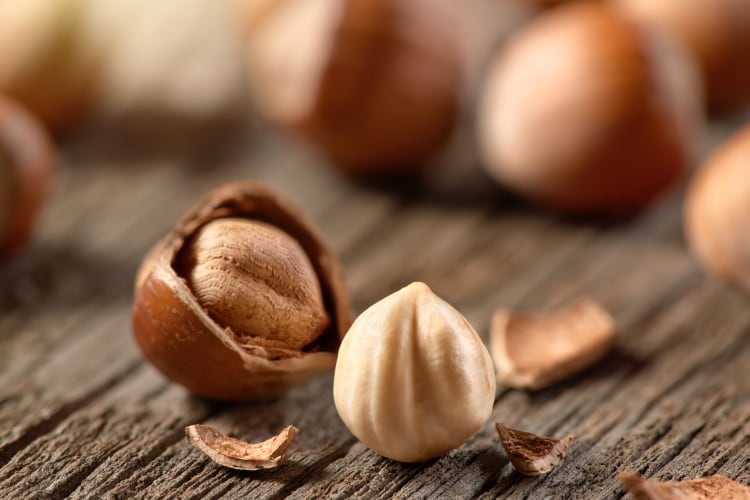While most tropical fruits can grow well in Ethiopia, papaya is one of the most popular. Aside from being highly nutritious – the fruit is rich in vitamins A, B, and C – the crop is a source of income for more than 890,000 farmers.
However, approximately 30% of the harvest is lost due to spoilage ever year.
A new public-private partnership is working to reduce this loss by upcycling leftover papaya into nutritious snack bars for locals.
Dairy-enriched fruit bars
The partnership is led by the Global Alliance for Improved Nutrition (GAIN) and sponsored by the Danish International Development Agency (DANIDA). The Confederation of Danish Industry is also involved, as are three Ethiopian food producers and agricultural engineering business Selam TRIAE.
Denmark-based Arla Foods Ingredients, a subsidiary of dairy cooperative Arla Foods, has taken the role of product innovation partner for the four-year project.
“The project aims to help Ethiopian fruit processors make use of leftover papaya for the manufacture of affordable, nutritious fruit bars enriched with whey protein and fortified with vitamins and minerals,” Charlotte Sørensen, Business Development Manager at Arla Foods Ingredients told FoodNavigator.
In the future, whey protein used in the bars could be supplied by Arla, Sørensen explained, or else it could be supplied by other protein manufacturers – including local manufacturers.
R&D with local preferences in mind
The first prototype recipes for the dried protein bar, based on papaya pulp and containing both milk- and whey-based ingredients, have already been developed by the Arla team.
According to Sørensen, one of the major tasks facing the partnership is adapting the recipe to local preferences based on consumer insights. “Another role is to work with local producers to ensure they have the necessary technology and know-how to produce it,” she added.
Concerning the papaya raw material itself, the team is investigating solar drying as a low-cost and sustainable opportunity to reduce post-harvest loss. This method, they suspect, allows for more nutritious fruit to be made available for food processing.
Researchers at Addis Ababa University is currently investigating how to ensure the best nutrient retention during the drying process.
Co-creation for local benefit
The public-private partnership has been well-received by local business, according to Meseret Worku, GAIN project leader in Ethiopia.
“Farmers and food processors are very interested in this initiative to produce high quality, affordable products. We will support them with nutritional and value chain expertise while creating consumer demand.
“Through this, we can contribute to the Ethiopian government’s ambition to reduce malnutrition-related stunting to zero by 2030.”
Not only will repurposing leftover papaya secure an improved income for farmers, but the project will develop a ‘toolkit’ for training food processing workers and facilitate the creation of new jobs in the Ethiopia’s food industry.
The project’s ‘co-creation approach’ draws on the expertise and experience of many partners, noted Arla’s Sørensen.
“We’ve primarily supported the development project by providing technical and nutritional expertise and food processing know-how, along with why protein ingredients for product development,” she told this publication. “All of this was provided for free, and we’ve also made a cash donation to the project.
“We hope to continue to support and work with local Ethiopian fruit bar manufacturers in the future.”





